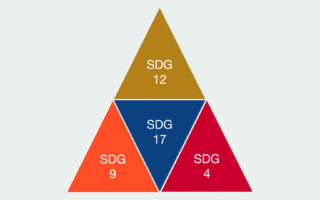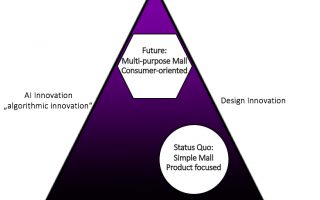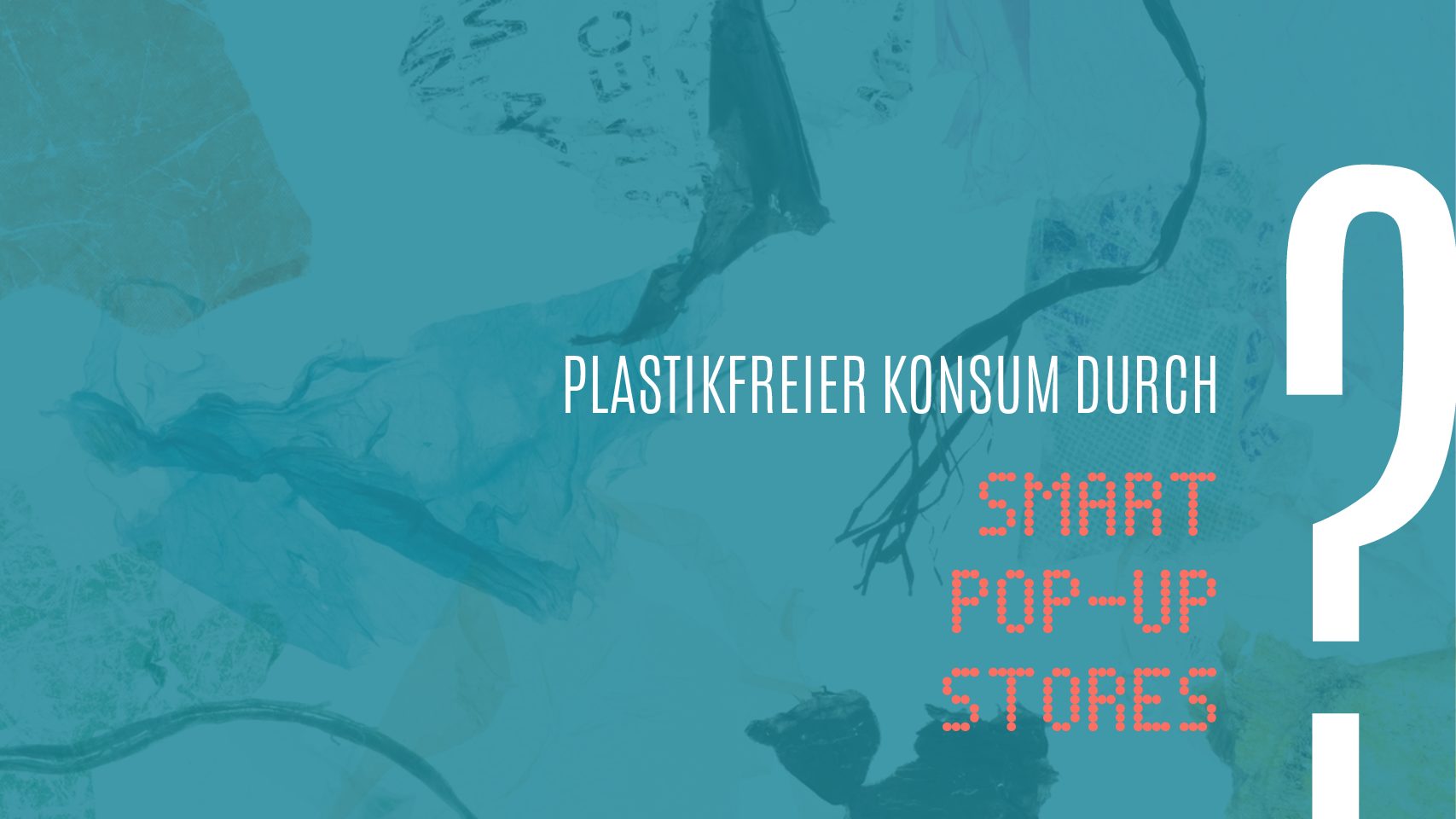2021
The fashion industry systemically reflects the disposable society and is currently reinforced by the application of AI.
Considering the climate crisis, which calls for urgent adherence to the goals of the Paris Agreement and the UN’s 17 Sustainable Development Goals (SDGs), action is urgently needed.
Some members have been graduating while being active in the AI Design Competence Collective.
Find a selection of research features/papers on issues addressing the current state-of-the-art and beyond of AI in enabling design innovation.
More purposeful use of algorithmic innovations for getting a sustainability self-assessment tool
2021
AI has the potential to be a solution-driven force tackling our biggest challenge – climate crisis. The problem of climate change is complex why executives’ social responsibility and consumers’ consciousness must rise to engage with it collectively.
Occasional Commerce and AI based Design Innovation are the Savior of Fashion and Commercial Real Estate?
2019
AI Design Competence for more customer experience through better conceptualized occasional commerce strategies
(AI for designing future malls).
Occasional Commerce – Customers shop online and offline.
So what is the relevance of stores in the marketing mix and how can AI (advanced analytics and metrics) be used to streamline and increase the efficiency with better conceptualized shops, malls and commercial real estate.
The following research provides answers to these questions.
How emotionally intelligent Bots are going to revolutionize the customer interaction in the fashion industry
2019
Are Chatbots able to personalize the customer experience and furthermore interact with a user emotionally intelligent?
The Thesis defines the status quo of chatbots in the fashion industry, shows potential future use cases and design principles of an emotional intelligent chatbot.
Creative and Emotion Sensing Technologies
2019
Emotion Sensing Technologies that track/read, interpret and respond to emotions are about to be fully integrated into our daily lives. These systems have huge potentials but also pose difficult challenges, these are sketched in this thesis…
Mindful Lifestyle and Leadership
2019
In a world of digitalization, globalization, connectivity and mobility, people long for something that makes sense. A mindset that is based on more mindfulness, deceleration and more focus. In this thesis main elements and practices of ‘mindful lifestyle and leadership’ are being scrutinized.
Plastic-free consumption fueled by smart pop-up stores
2019
This paper deals with the question of whether “plastic-free” consumption can be achieved and fueled by smart pop-up stores…
Artificial Intelligence and Natural Language Processing as and Enabler for Future Fashion?
2019
Artificial Intelligence and Natural Language Processing as and Enabler for Future Fashion? This bachelor thesis scrutinizes the question of whether artificial intelligence or more precisely, language analysis is an enabler for the future fashion industry…
Personal Fitness 2.0 – Artificial Intelligence, Smart Clothing and the Challenges and Opportunities in the Disruption of Industries
2019
The bachelor thesis scrutinizes the disruptive dynamics of the technologies Smart Clothing and Artificial Intelligence (AI) for the area of Personal Fitness, with the intention to show the development of this field towards a technologically advanced field Personal Fitness 2.0, which is driven by the use of Smart Clothing and Artificial Intelligence.
Gender Discrimination on steroids via AI
2019
The bachelor thesis deals with the discrimination potential of Machine Learning Algorithms within Decision – Support – Systems (DSS), which are increasingly used in German companies. The specialization is in the areas of recruiting and marketing. The concrete goal of the work was to find out whether AI-based systems reinforce gender discrimination or not.











